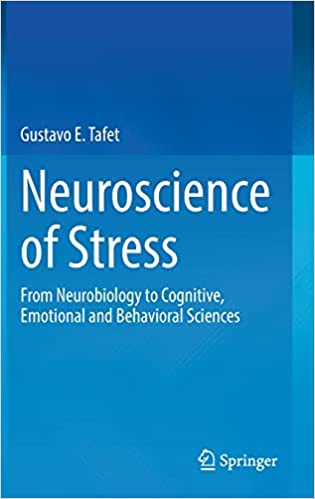
English | 2022 | ISBN: 3031008634 | 213 pages | pdf, epub | 51.38 MB
This textbook provides an introduction to the interdisciplinary study of stress, helping students and professionals understand the main neurobiological and psychological causes and consequences of stress in human beings. It's aimed at understanding the concept of stress at different levels, from the impact of environmental stressors to its processing in the brain, and from the neural mechanisms involved in this processing to the expression of different adaptive responses. All these neural mechanisms are clearly explained according to different levels of complexity, from the neurobiological level, including the cellular and molecular mechanisms, to the psychological level, including the cognitive and emotional processing, and behavioral expressions.
The whole content is described in a very comprehensive manner, accompanied with descriptive graphics to clearly illustrate every detail, therefore allowing a full integration of all the covered concepts. In addition, clinical expressions of stress, such as mood and anxiety disorders, are also covered in detail, including an overview of different factors of vulnerability and resilience, therefore providing a unique and fundamental insight of this interdisciplinary field.
Given its interdisciplinary approach, Neuroscience of Stress: From Neurobiology to Cognitive, Emotional and Behavioral Sciences will provide a comprehensive and clear introduction to the study of stress to students and professionals from different fields of the behavioral and health sciences. It will serve as a valuable text for adoption in classes of a wide range of graduate courses dealing with mental health and well-being, in areas such as health and clinical psychology, health promotion and disease prevention, psychiatry and behavioral medicine, among others.



